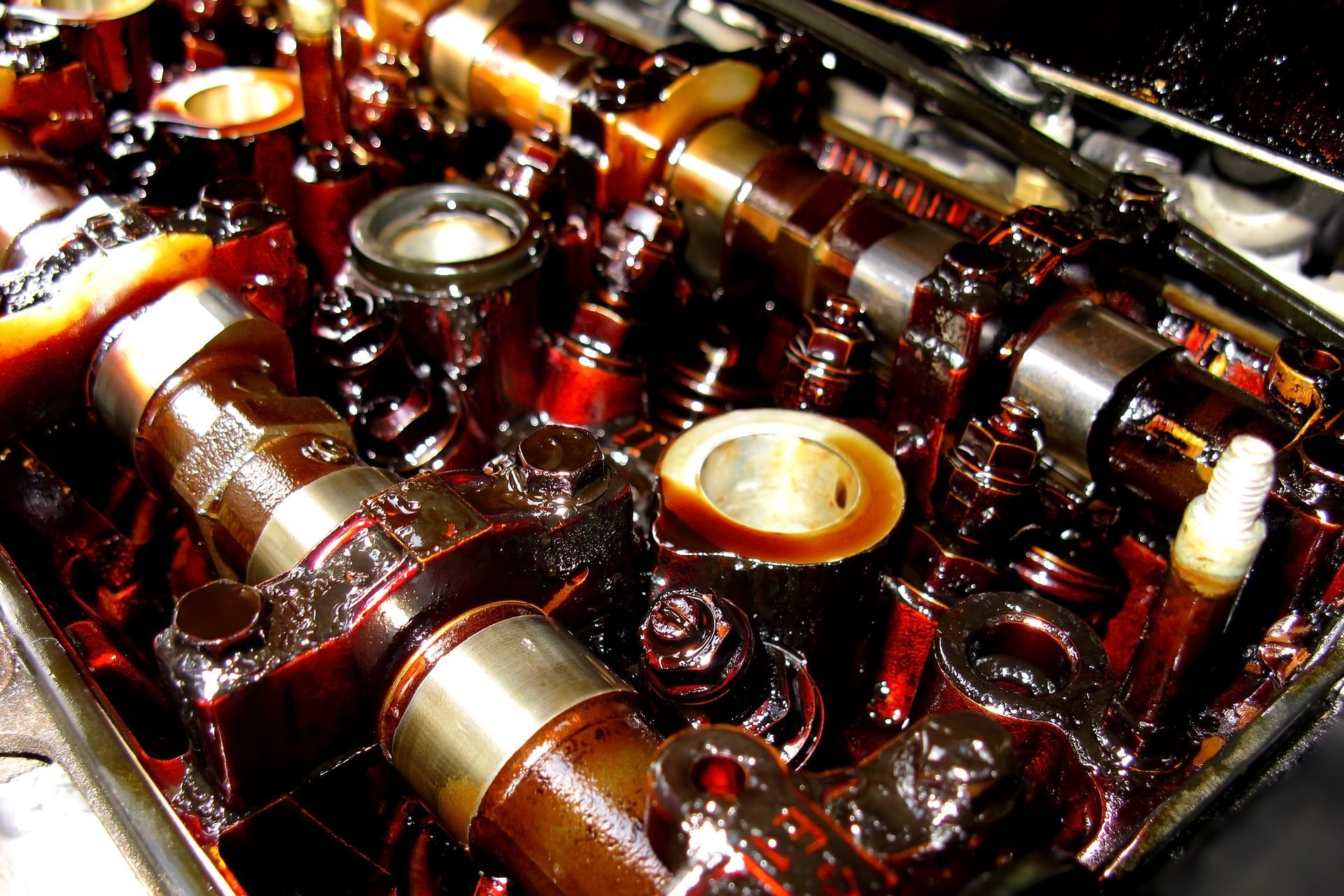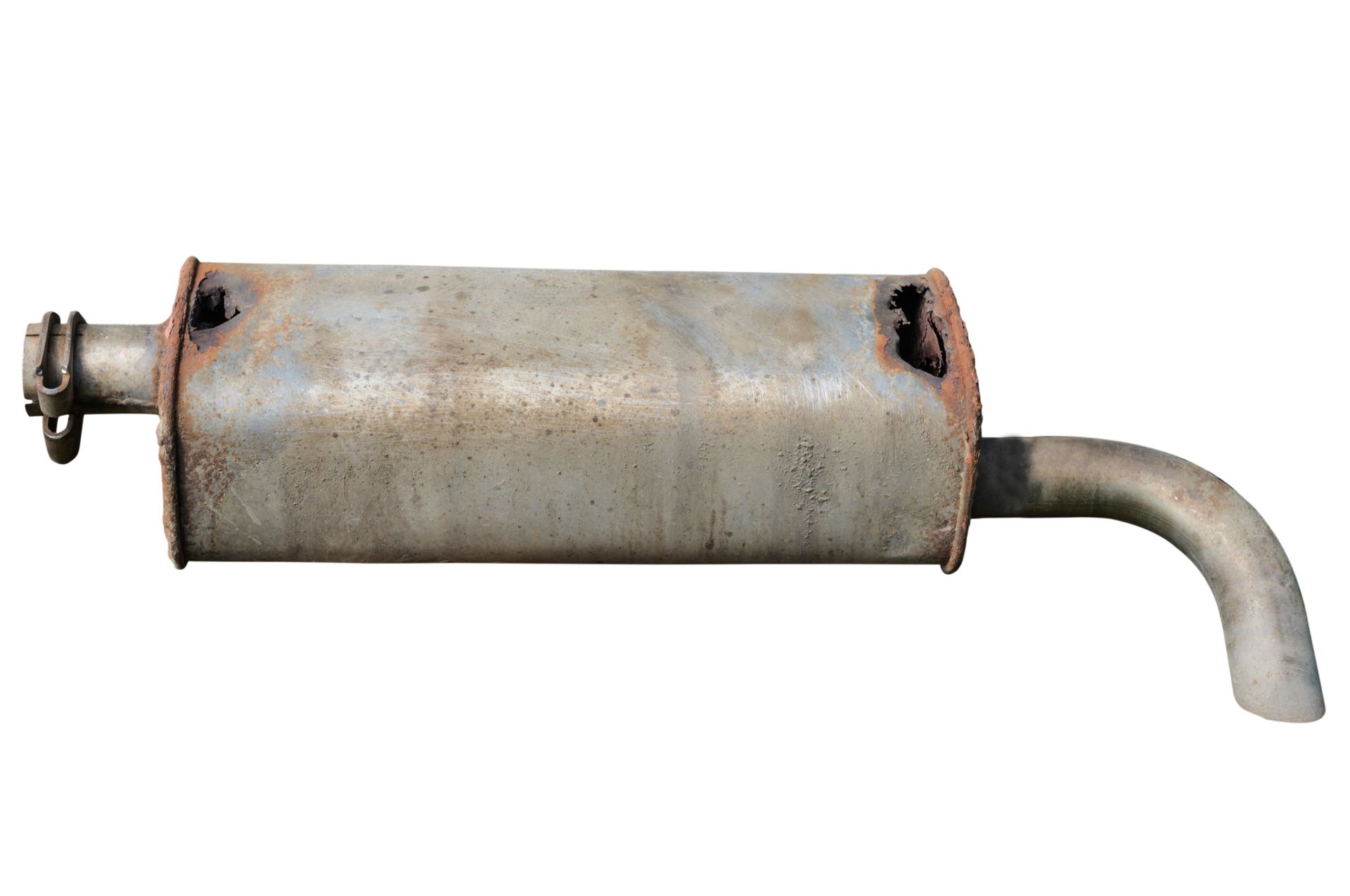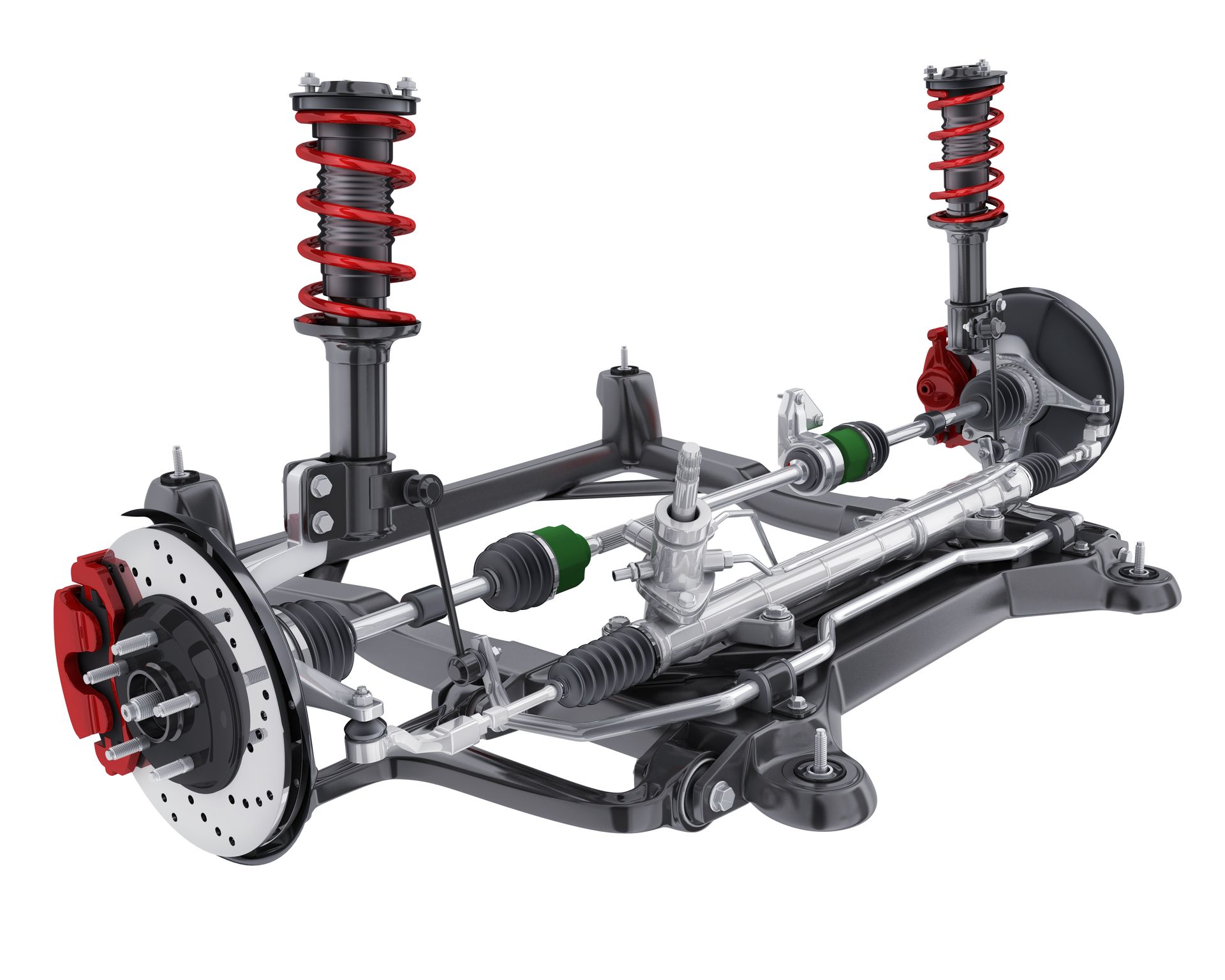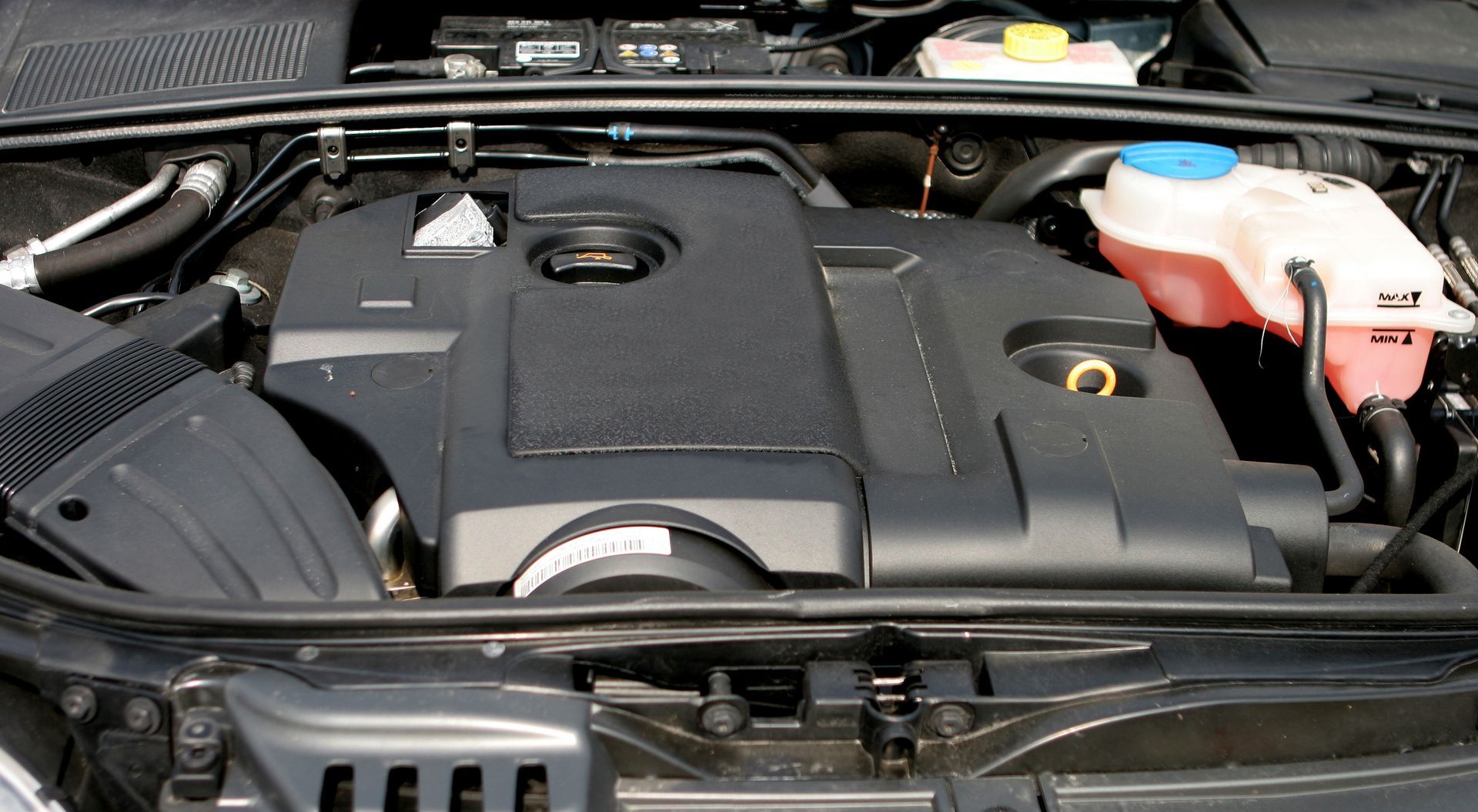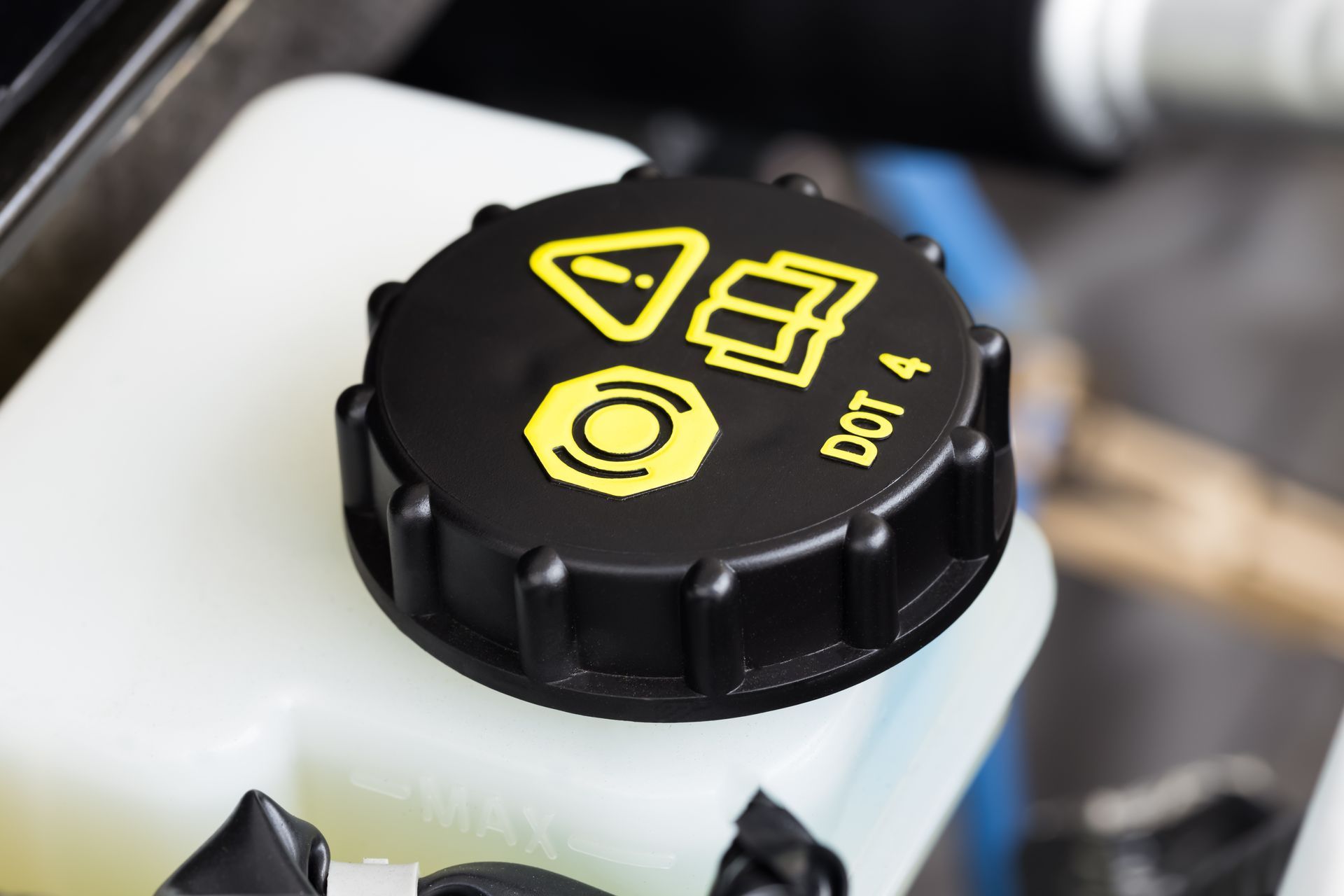In today's world, where environmental concerns and fuel efficiency are at the forefront of many car buyers' minds, hybrid and plug-in hybrid cars are becoming increasingly popular. But are they really worth it? Let's explore the pros and cons of these eco-friendly vehicles to help you decide if they are the right choice for you.
The Appeal of Hybrid Cars
Hybrid cars have been on the market for over two decades, and their appeal continues to grow. These vehicles combine a traditional internal combustion engine with an electric motor, improving fuel efficiency and reducing emissions. One of the main advantages of hybrid cars is their ability to switch between the gasoline engine and electric motor, optimizing fuel use and minimizing waste.
Plug-in Hybrids
Plug-in hybrid cars, or PHEVs, take the benefits of hybrid technology a step further. They feature a larger battery that can be charged via an external power source, allowing for an extended electric-only driving range. This means you can drive short distances purely on electric power, reducing your reliance on gasoline even more. PHEVs offer a bridge between conventional hybrids and fully electric vehicles, giving drivers the flexibility of both power sources.
Pros of Hybrid and Plug-in Hybrid Cars
Fuel Efficiency and Cost Savings
One of the biggest advantages of hybrid and plug-in hybrid cars is their superior fuel efficiency. By combining electric and gasoline power, these vehicles consume less fuel, which can lead to significant cost savings over time. For plug-in hybrids, the ability to drive on electric power alone for short trips can result in even greater savings.
Environmental Benefits
Hybrid and plug-in hybrid cars produce fewer emissions than traditional gasoline-powered vehicles. By reducing the amount of gasoline burned, these cars contribute to lower greenhouse gas emissions and improved air quality. This makes them an attractive option for environmentally conscious consumers.
Incentives and Rebates
Many governments offer incentives and rebates to encourage the purchase of hybrid and plug-in hybrid vehicles. These financial incentives can help offset the initial higher cost of these cars, making them more affordable in the long run. Additionally, some regions offer perks like access to carpool lanes and reduced tolls for hybrid and plug-in hybrid drivers.
Reduced Fuel Dependence
With rising fuel prices and concerns about oil dependence, hybrid and plug-in hybrid cars provide a way to reduce reliance on gasoline. By using electricity as a primary or secondary power source, drivers can mitigate the impact of fluctuating fuel costs and enjoy a more stable and predictable driving expense.
Cons of Hybrid and Plug-in Hybrid Cars
Higher Initial Cost
Hybrid and plug-in hybrid cars typically come with a higher price tag compared to their conventional counterparts. The advanced technology and additional components, such as the electric motor and battery, contribute to the increased cost. However, this upfront expense can be offset by fuel savings and incentives over time.
Battery Replacement Costs
While the batteries in hybrid and plug-in hybrid cars are designed to last for many years, they will eventually need to be replaced. The cost of replacing a battery can be substantial, which is an important factor to consider when evaluating the long-term value of these vehicles.
Charging Infrastructure for PHEVs
Plug-in hybrid cars require access to charging stations to fully utilize their electric capabilities. While charging infrastructure is expanding, it may still be limited in some areas. This can be a disadvantage for drivers who do not have convenient access to charging stations at home or work.
Performance Considerations
While hybrid and plug-in hybrid cars offer great fuel efficiency, their performance can sometimes be less robust compared to traditional gasoline-powered vehicles. The need to balance power between the electric motor and gasoline engine can result in slightly slower acceleration and reduced towing capacity for some models.
Evaluating Your Driving Needs
When deciding whether a hybrid or plug-in hybrid car is worth it, it's essential to consider your driving habits and needs. A plug-in hybrid might be a perfect fit if you frequently drive short distances and have access to charging stations. However, if you primarily drive long distances and are concerned about battery replacement costs, a conventional hybrid or even a fuel-efficient gasoline car might be more suitable.
Ready to make the switch to a more fuel-efficient car?
JC Motors offers detailed insights and
top-notch maintenance services to help you get the most out of your hybrid or plug-in hybrid vehicle.



